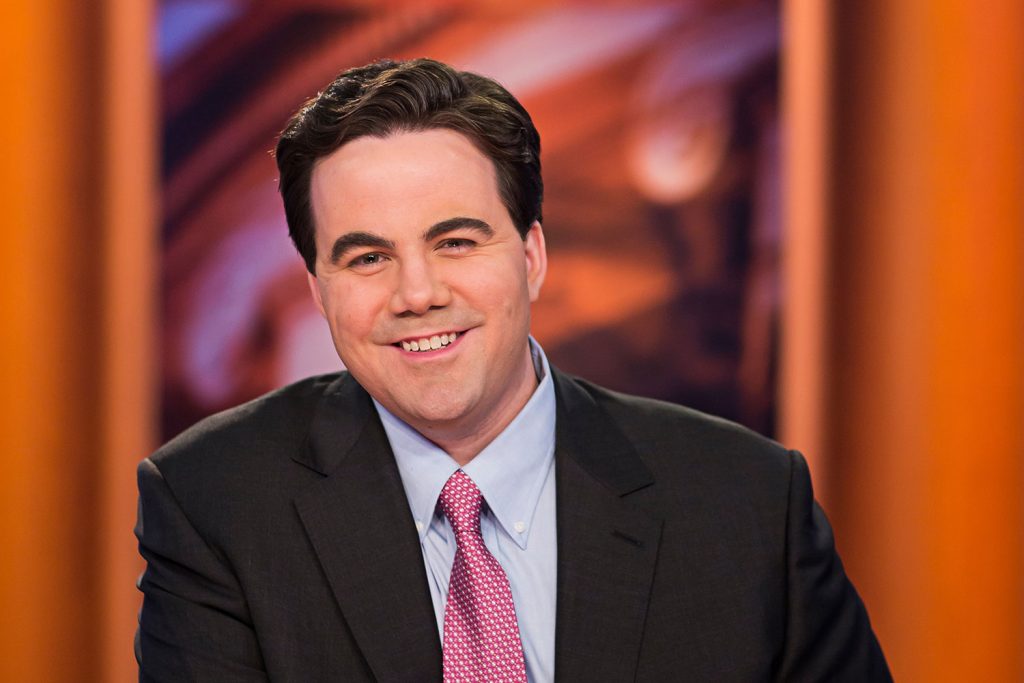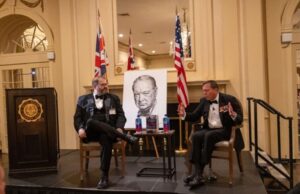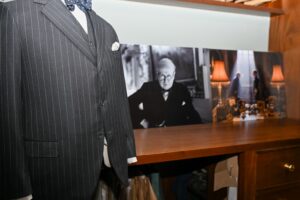Robert Costa is a national political reporter for The Washington Post, a political analyst for NBC News and MSNBC, and the moderator of Washington Week on PBS.
Mr. Costa was born in Richmond, Virginia and raised in Pennsylvania. He holds a B.A. from the University of Notre Dame and an M.A. from the University of Cambridge, where the focus of his study was Winston Churchill.







